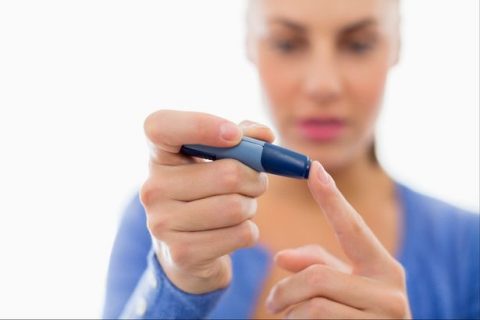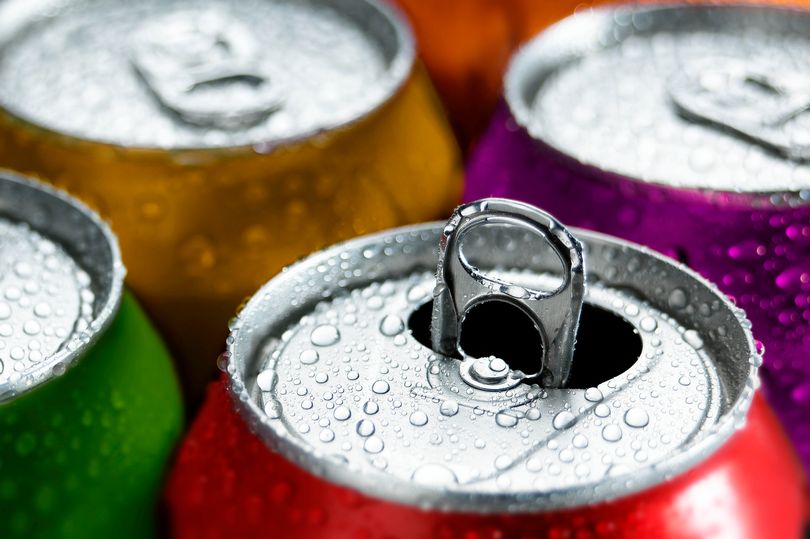Even if we tried it would be almost impossible to avoid artificial sweeteners.
They’re in everything – diet drinks, breakfast cereals, ready meals, soups, even ketchup.
Oh well, you say, it’s better than eating all that sugar. Well maybe, maybe not.
Sweeteners could, for instance, increase the risk of getting Type 2 diabetes because consuming lots of them changes the way the body handles sugar.
Scientists found that people who consumed lots of artificial sweeteners for two weeks – the equivalent to drinking five cans of diet drink a day – lost their ability to control glucose absorption.
Over time, this could lead to the development of Type 2 diabetes.
The Australian research team, led by Professor Richard Young of the University of Adelaide, tracked 27 healthy volunteers who were given one of two sweeteners or a placebo.
They took capsules three times a day before meals over the two-week study period, in the same amount, in 1.5 litres of diet drink.
After two weeks, subjects had tests for glucose response, blood sugar, levels of insulin and gut enzymes.
In those taking sweeteners, glucose absorption and blood sugar levels were higher, while their gut enzymes, which control the rise in blood glucose after meals, were reduced.

None of these measures were altered in the subjects who received a placebo.
The researchers concluded that artificial sweeteners hamper the body’s control of blood sugar levels, predisposing them to Type 2 diabetes.
Dr Ines Cebola of Imperial College London said: “This study addresses a very important global human health issue as artificial sweeteners are food additives commonly used not only by patients with diabetes, but also by healthy individuals aiming to manage their sugar intake.
“Even though the study is limited in power by the reduced number of individuals, it is quite striking to observe marked differences in glucose response in individuals taking the artificial sweetener supplementation for only two weeks.
“It would be interesting to further investigate the underlying mechanisms of these observations.”
However, other British experts said the results were not definitive.
Emma Elvin, clinical adviser at Diabetes UK, said: “This is a small study with interesting results, but it doesn’t provide strong evidence that artificial sweeteners increase the risk of Type two diabetes. Consuming lots of sugary foods and drinks is very damaging to overall health and can increase risk of Type 2 diabetes.
“We would advise people to reduce their intakes of sugar, and artificial sweeteners could be an option to help some people achieve this.”

